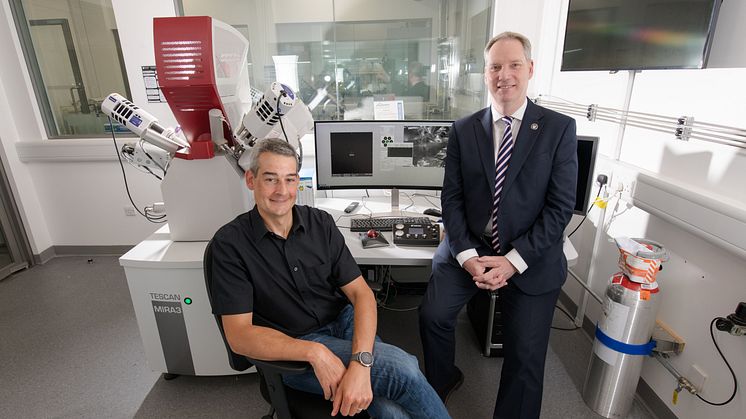Safeguarding the health of astronauts at Northumbria University
Space health experts at Northumbria University have won a global competition that will enable them to explore blood flow restriction training among astronauts during spaceflight.
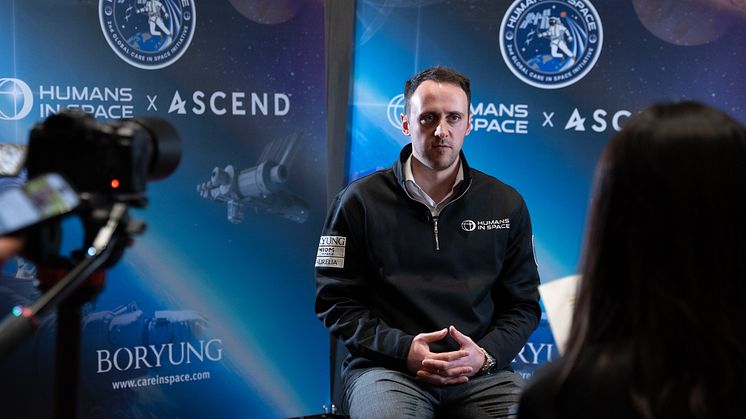
Space health experts at Northumbria University have won a global competition that will enable them to explore blood flow restriction training among astronauts during spaceflight.

In an article written for The Conversation*, both from Northumbria University, Hilmar Gudmundsson, Professor of Glaciology and Dr Brad Reed, Research Fellow in the Department of Geography and Environmental Sciences, alongside Mattias Green, Professor in Physical Oceanography at Bangor University discuss developments in the activity of the Pine Island glacier in the west Antarctic ice sheet.
It’s the strongest material on Earth and has the potential to transform the performance and sustainability of everything from the cars we drive to the way we clean our drinking water.
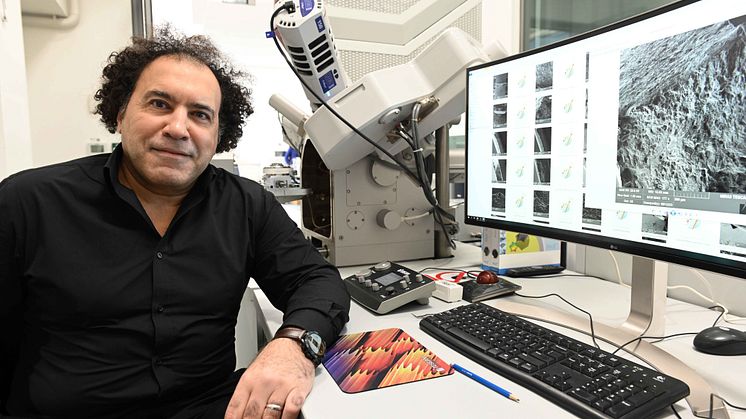
Investments from Lockheed Martin, the UK Space Agency and Northumbria University forge pathway for NESST’s global prominence.

The Autumn 2023 edition of Northumbria University’s newspaper is available to collect on campus or read online now.
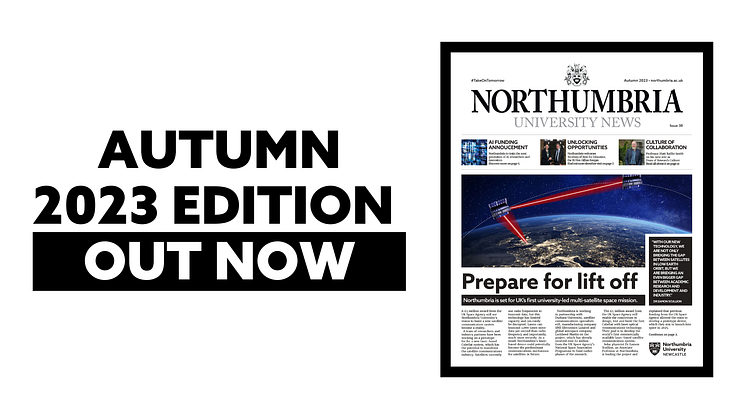
After more than 30 years scientists have finally been able to confirm that the icy planet Uranus has an infrared aurora.
The discovery will provide insight into how magnetic fields on ice giants such as Uranus and Neptune behave and could even help astronomers use NASA’s James Webb Space Telescope to identify similar aurorae from planets outside our solar system.
The findings were made by Em
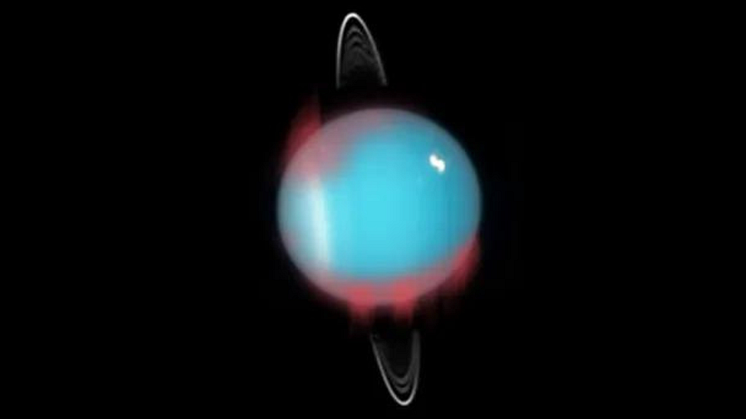
In an article written for The Conversation*, Deirdre McKay, Professor of Sustainable Development at Keele University, Kelly Sheridan, Associate Professor in Forensic Science at Northumbria University, and Axa Research Fund Fellow Thomas Stanton from Loughborough University discuss new research on the shedding of microfibres.
In an article written for the Conversation, Jan De Rydt, Associate Professor of Polar Glaciology and Oceanography at Northumbria University, along with Ocean-Ice Modeller Kaitlin Naughten and Ocean and Ice Scientist Paul Holland, both from the British Antarctic Survey, discuss their recent research findings on the warming of the West Antarctic ice sheet.
The Secretary of State for Education, the Rt Hon Gillian Keegan, visited Northumbria University, Newcastle, to discuss unlocking opportunities for young people in the region and to hear about ground-breaking research in areas of global significance.
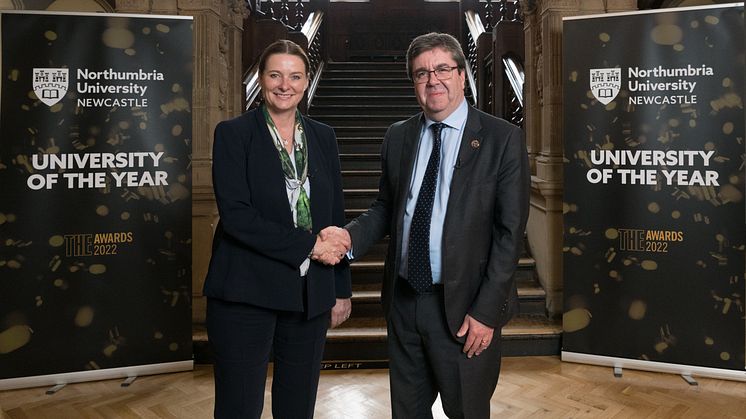
Satellite technology developed by Northumbria University scientists has been adapted for a new, European Space Agency (ESA) funded mission, which will see a “swarm” of satellites sent into space to address the growing threat of space debris.
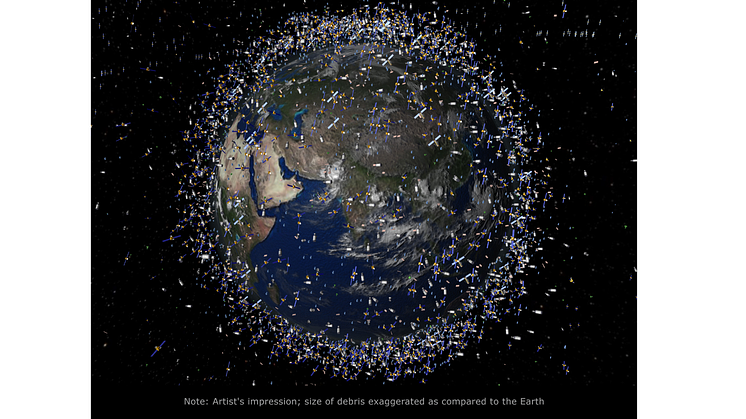
A Northumbria University academic is part of a team of scientists to be awarded a prestigious physics gold medal and prize for their work developing the world’s first room-temperature MASER.
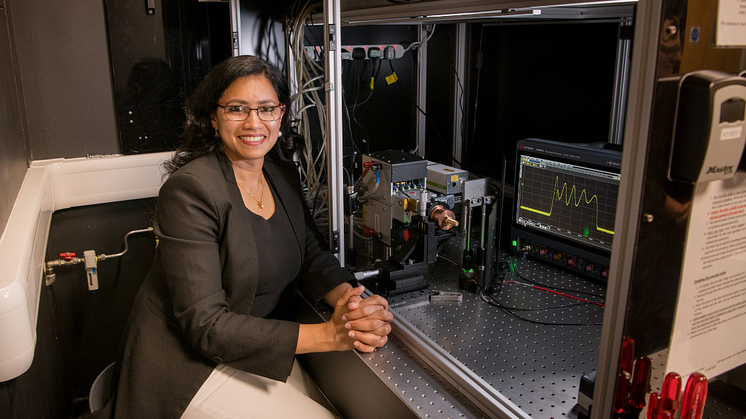
Experts in a newly emerging field of mathematics will meet in Newcastle upon Tyne next year after Northumbria University was awarded funding for a month-long programme of activities.

In an article written for The Conversation, Kimberley Hardcastle, Assistant Professor for Northumbria University’s Marketing department discusses the history of AI technology and explains how the rapid development may lead to bigger issues if handled incorrectly.
An innovative project led by Northumbria University’s Applied Sciences Department has won a Royal Society of Chemistry (RSC) Inspirational Committee Award 2023.

A Computer Science with Artificial Intelligence graduate at Northumbria University, was selected as a finalist and received a commendation at the Digital Technology Leaders Awards.

A Visiting Professor from Northumbria University’s Faculty of Engineering and Environment has been recognised as a pioneering female role model in the engineering industry.
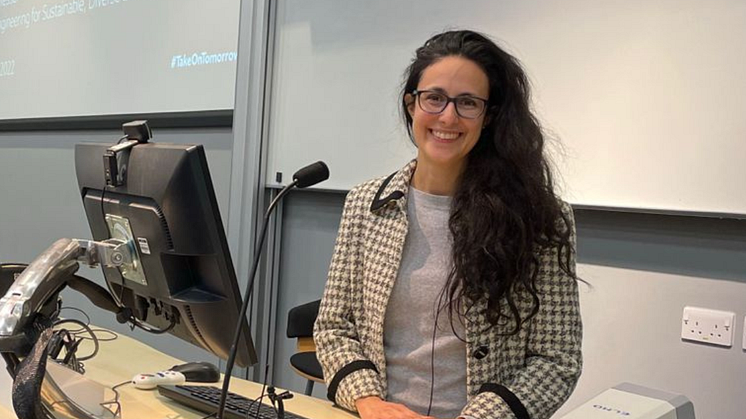
A Northumbria university academic has been awarded almost half a million pounds to develop a new process for sorting micro-nano particles which could improve cancer diagnosis and treatment.
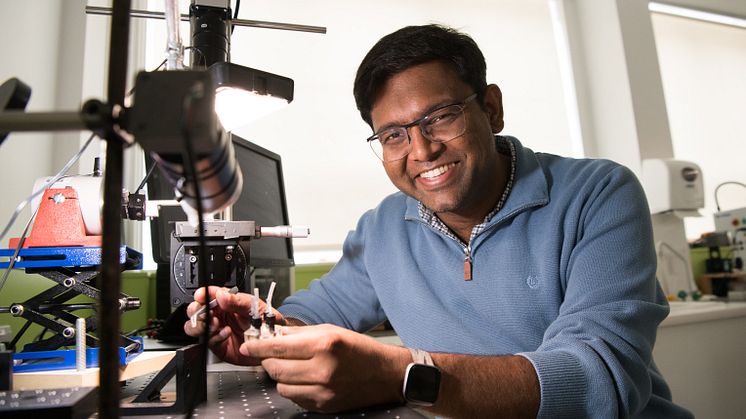
A scientist from Northumbria University has been awarded almost half a million pounds to develop a new technology which could transform deep-space communication, radio astronomy, medical imaging and airport security scanning.
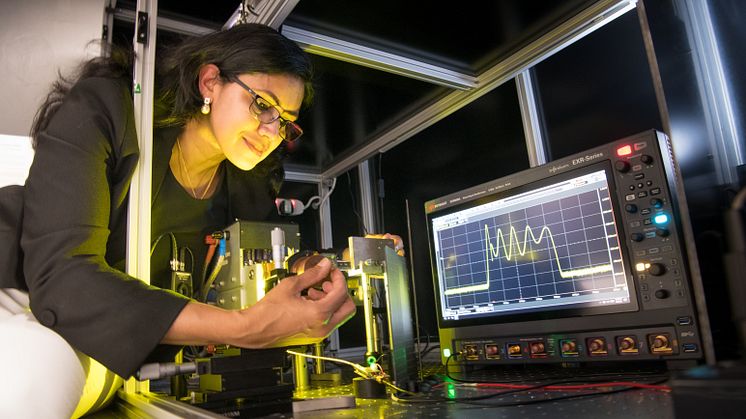
An academic team from Northumbria University has obtained a grant of £40,000 to establish a pioneering immersive wellbeing environment for students – an initiative with potential for nationwide roll-out.

An award of £1 million to support the expansion of engineering and surface science research facilities at Northumbria University has been announced today by the Wolfson Foundation.
